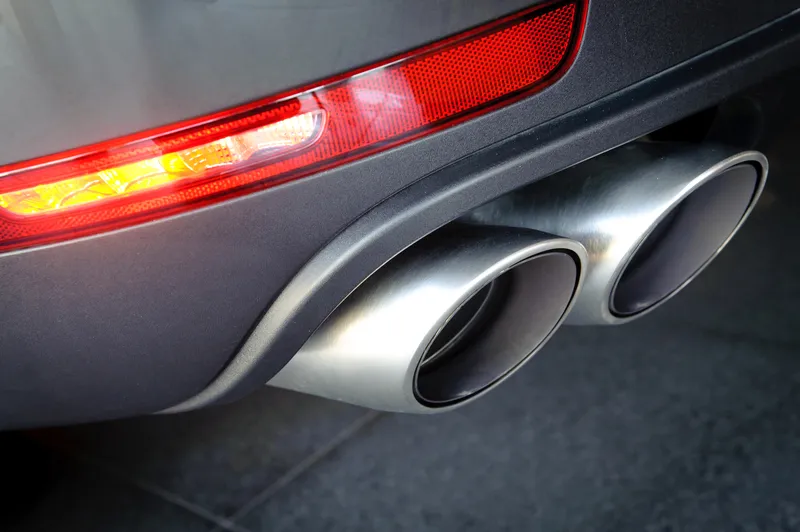A new report by international law firm Gowling WLG warns that autonomous and connected vehicle manufacturers will need to get their head around new European data protection rules if driverless cars are to become a reality.
Published just two years before Europe's General Data Protection Regulation (GDPR) comes into force, the report, Are you data driven? explores the latest issues in data protection and driverless vehicles and what they mean for consumers, featuring input from leading experts across the
May 27, 2016
Read time: 2 mins
A new report by international law firm Gowling WLG warns that autonomous and connected vehicle manufacturers will need to get their head around new European data protection rules if driverless cars are to become a reality.
Published just two years before Europe's General Data Protection Regulation (GDPR) comes into force, the report, Are you data driven? explores the latest issues in data protection and driverless vehicles and what they mean for consumers, featuring input from leading experts across the automotive industry.
Carried out on behalf of the UK Autodrive self-driving vehicles project, the report examines how data protection regulation developments will affect innovations in the development of driverless vehicles. This comes at an important time for the UK automotive industry as the country strives to become a global hub for the development of autonomous and connected vehicle technologies. The testing of driverless vehicles in the urban environment is due to start later this year.
Data protection presents challenges and opportunities that need to be explored and discussed as autonomous technologies become more of a feature on our highways. With only 15% of people feeling in control of their online personal data, and 80% of people not reading privacy notices, this white paper questions whether the industry is being helped or hindered by data protection regulation? And how will the General Data Protection Regulation influence the sector's progress?
Stuart Young, head of automotive at Gowling WLG, summarises the situation: "Vehicle manufacturers are going to have start thinking like social media providers - like the Google and Facebooks of this world. They will need to employ all the tools they use, like privacy notices and location-based consents, and be very aware that data protection compliance should not be taken lightly."
Published just two years before Europe's General Data Protection Regulation (GDPR) comes into force, the report, Are you data driven? explores the latest issues in data protection and driverless vehicles and what they mean for consumers, featuring input from leading experts across the automotive industry.
Carried out on behalf of the UK Autodrive self-driving vehicles project, the report examines how data protection regulation developments will affect innovations in the development of driverless vehicles. This comes at an important time for the UK automotive industry as the country strives to become a global hub for the development of autonomous and connected vehicle technologies. The testing of driverless vehicles in the urban environment is due to start later this year.
Data protection presents challenges and opportunities that need to be explored and discussed as autonomous technologies become more of a feature on our highways. With only 15% of people feeling in control of their online personal data, and 80% of people not reading privacy notices, this white paper questions whether the industry is being helped or hindered by data protection regulation? And how will the General Data Protection Regulation influence the sector's progress?
Stuart Young, head of automotive at Gowling WLG, summarises the situation: "Vehicle manufacturers are going to have start thinking like social media providers - like the Google and Facebooks of this world. They will need to employ all the tools they use, like privacy notices and location-based consents, and be very aware that data protection compliance should not be taken lightly."










